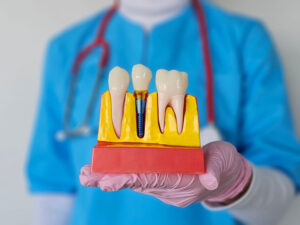Having dental anxiety is not something that is thought of as an uncommon occurrence. However, thanks to recent advancements made in sedation dentistry it is now easier than ever for a patient who suffers from dental anxiety to become alleviated of this anxiety. Your oral health is important, and it should not be ignored because your oral health is connected to your overall health. Sedation can be administered to a patient in multiple ways depending on the need and comfort of the patient. Review the different types of sedation below as well as what it used for and how it helps relieve a patient’s dental anxiety.
Different Types of Sedation:
Oral Sedation
If a patient has a fear of needles, they are able to be given oral sedation. Oral sedation is administered in the form of a pill. This type of sedation is given to the patient directly before a procedure is going to take place. Once the oral sedation kicks in and the patient is relaxed and ready for the dental work to begin.
Conscious Sedation
If a patient’s dental anxiety is a little more advanced than what oral sedation can provide then conscious sedation would be the next step. During this type of sedation referred to as intravenous sedation an IV is used to administer medication to relax the patient. Also, it should be noted that the patient is conscious.
Local Anesthetic
When it comes to a local anesthetic some patients dental anxiety makes them want to remain conscious during their dental procedure. In this case a local anesthetic would be applied directly to the gums in the form of an injection. This is done to numb all the parts of the patient’s mouth that will be worked on.
Reach Out To Your Dentist
If you are suffering from dental anxiety then it would be best to reach out to your dentist to discuss what sedation options are available and to get an oral exam completed. Your oral health is important because it’s connected to your overall health and it should not be ignored due to dental anxiety.





